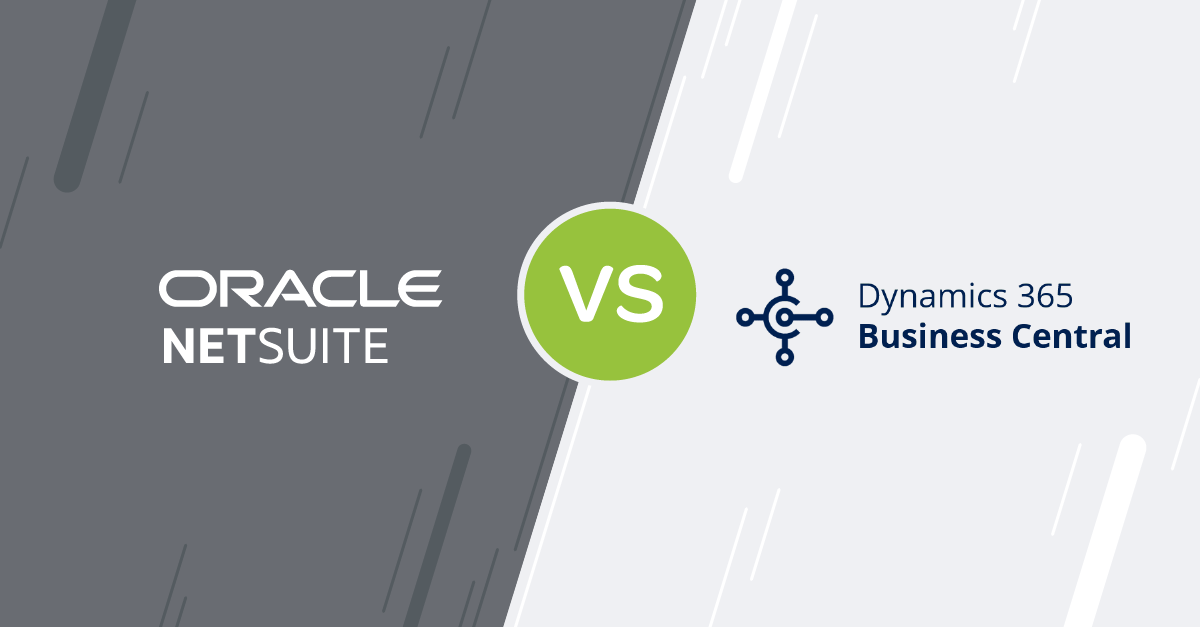Blog
Share this
ERP Integration - When to Integrate and How to do so Successfully

by Jalene Ippolito on November 25, 2022
An ERP system forms the backbone of your business. While it encompasses your core operational data and processes – everything from finance, to sales, inventory, production, job management and more – there are cases where best-of-breed applications are necessary for specific business functions. One of the most common examples is integrating your ERP with an ecommerce website for real-time inventory availability and order processing. As more growing businesses embrace the power of digital marketing, they’re integrating their ERP systems with marketing automation platforms like HubSpot to get a 360-degree view of customer activity.
But does this mean you’re forced to manually maintain separate systems? Not at all. Modern ERP solutions are flexible by design, so you can connect to other tools and share consistent information while automating workflows.
While there are some challenges to integration, with the right ERP system – and the right ERP implementation partner – you can achieve seamless, strategic integrations that make these best-of-breed applications a component of your ERP system, instead of a separate entity.
Let’s review the factors to consider before you kick off your ERP integration project.
What are the benefits of ERP integration?
When done well, an ERP system integration can deliver many benefits for your business.
- You have increased flexibility to adapt your systems based on your needs. Adding ecommerce, a shipping solution or warehouse management system (WMS) are all good examples.
- Your employees are more efficient and productive. They can use the best-of-breed tools they need to do their jobs and the relevant information flows through to other departments without manual re-entry.
- Your data is centralized, with your ERP system as the source. You don’t have to worry about multiple sets of the same data living in separate systems – it’s all connected.
What are the challenges of ERP integration?
With all that in mind, there are a few challenges to be aware of before you start an ERP system integration.
- Complexity: Integrations will increase the complexity of your IT landscape. It’s a challenge that can be overcome with buy-in from the decision makers in your organization and a proper plan to prepare your team.
- Maintenance: Maintaining and upgrading your systems will be a coordinated effort. An upgrade to your ERP system has the potential to break an integration, so plan your upgrades well to ensure you’ve covered all maintenance points.
- Training and user adoption: You’ll need extra training time for each system that you integrate with your ERP. Be sure your team understands not just how to use each application, but how that data flows through to your ERP system and the impact on other processes.
Best practices for ERP system integration
- Create a coherent integration strategy. Resist the urge to integrate external applications on a whim. While you might have a need for it, be strategic about what applications you integrate and how. Having a well thought out plan will result in a cleaner, more efficient integration.
- Assess your ability to integrate early on. If you’re considering an ERP integration, the first thing to do is check the integration capabilities of both your ERP system and the best-of-breed solution you want to integrate. We’ve seen cases where the external applications either have a restrictive API or don’t have one at all, making the integration discussion a moot point.
- Implement integrations slowly, one at a time. If you have more than one integration in your plan, prioritize and deploy them one at a time. A phased approach reduces risk, allows you to test more effectively and refine your processes along the way.
- Create and enforce solid data management processes. Just as you did with your initial ERP implementation, you want to clean your data before going live with an integration. And to maintain your data moving forward, be sure you have clear guidelines set for data formats, validation, etc.
- Work closely with your ERP partner. Your ERP partner should have a much deeper knowledge of the integration capabilities and options, so leverage that expertise. Given that your ERP system is the core of your business, you want to make sure that you’re using the core capabilities to their fullest extent first before moving to an integration.
Ready to discuss your ERP system integration?
ProjectLine has extensive development expertise integrating ERP software with other best-of-breed solutions. And if you’re struggling to find the right tool for the job, we can build custom applications that fit you to a tee.
We're one of the few North American ERP partners that have the IP to customize your solution at this level. Check out some of our ERP modifications and integrations. Let’s connect to discuss your upcoming project and see how we can help.
Share this
Stay in the Know!
Join other SMEs who receive our monthly ERP insights, tips and best practices.
You may also like

ERP Funding for Canadian Businesses

Should You Work with a NetSuite Implementation Partner or Go Direct?



